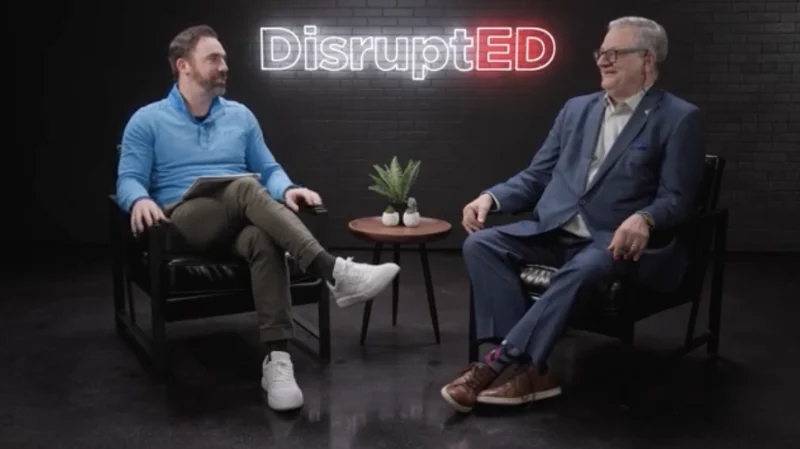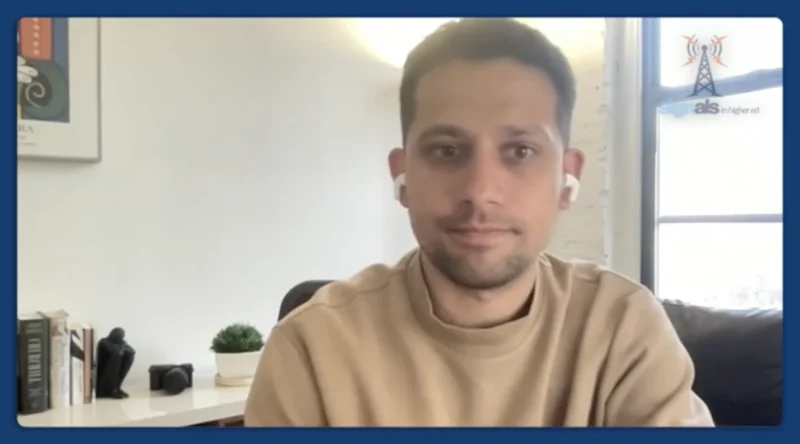The Power of Science-Based Reading: Expert Insights and Strategies for Success
On this episode of the Scholarus podcast, Janell Decker, Deputy Chief Academic Officer at Racine Unified School District, shares her remarkable 16-year journey at Racine, emphasizing the crucial role of science-based reading instruction. Collaborating with fellow educators, she developed resources to support struggling readers, highlighting the significance of inclusive community engagement involving parents, parent ambassador groups, PTAs, and other stakeholders. Practical tools and workshops were provided to parents, accommodating diverse needs and fostering engagement. Sustaining community support systems was addressed through integration into strategic plans, leveraging existing resources, and partnerships with external entities. This conversation inspires advanced industry professionals to embrace inclusive collaboration, effective communication, and ongoing support for science-based reading strategies, empowering parents and stakeholders with practical resources and promoting a holistic approach to literacy education.



